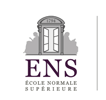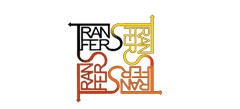Abstract
This article focuses on a community of Latin American artists living in New York and the influence of regionalism and politics in their identification as a group, taking up the case of the Contrabienal, an art book published in 1971 as a call to boycott the XI São Paulo Biennial in protest of censorship and torture in dictatorial Brazil. The book was aesthetically eclectic and included artists from different generations. Still, its organizers were all part of the strong shift towards Conceptualism then taking place. In light of the current revision of the Latin American Conceptualism canon, this article analyzes Contrabienal as a case study of the associations between identity, art and politics.
Recommended Citation
Iglesias Lukin, Aimé. "Contrabienal: Latin American Art, Politics and Identity in New York, 1969-1971." Artl@s Bulletin 3, no. 2 (2014): Article 5.
Included in
Contemporary Art Commons, Latin American Languages and Societies Commons, Theory and Criticism Commons






